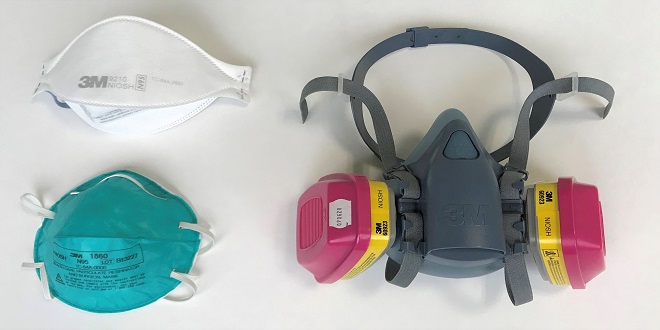
It’s crucial to take care of your health as you age. Poor health can lead to many unpleasant symptoms and can affect your ability live a fulfilled, active life.
It is important to ensure your health and well-being. These are some simple things seniors can do for their health to live a long, healthy life.
1. Get active
Physical activity is a great way to improve your health, and keep your muscles toned. Even a moderate exercise program like yoga can reduce stress and boost moods.
There are many safe and simple options for those who don’t want to do a hard workout, such as at the gym or on a hike. Here are the best safe exercises for seniors.
2. As needed, take supplements
Certain vitamins and minerals may help to reduce your risk of certain diseases. Vitamin D is essential for maintaining healthy bones. Magnesium helps relax tight muscles and prevents heart disease. Discuss with your doctor which supplements may be best for you, and plan to use them regularly.
3. Eat a healthy diet
Healthy eating habits are essential to your long-term health. Include plenty of fruits, vegetables and whole grains in your meals.
Avoid sugary and unhealthy fats. Don’t forget to take supplements! Multivitamin supplements can give you important nutrients that you might not get from your food. Gold Years will help you learn more about creating healthy diets for seniors.
4. Regularly wash your hands
It is important to wash your hands often in order to be healthy and take good care of your body. It will not only prevent you spreading germs but also reduce your risk of getting certain diseases like cancer.
Use an antibacterial soap when you clean up after cooking or cleaning up.
5. Learn how to manage stress
Seniors’ mental health can be affected by stress. You need to be able to manage stress effectively to maintain your mental and physical health.
Meditation or yoga are two ways to achieve this. These practices can help you relax and reduce stress. You can also use calming aromatherapy products to reduce stress during times of high stress.
6. Rest well
Adults over 50 should get enough sleep as it is vital for their overall health. Insufficient sleep can cause fatigue, cognitive impairment, chronic stress, and other chronic diseases.
These tips will help you ensure that you get 7 hours of quality sleep every night.
Establish a bedtime and wake-up time.
Limit screen time prior to bed and throughout the day
After 3 p.m., avoid caffeine
7. Prevent infections
It’s not fun to get sick and can lead to serious health problems. You should take preventative measures if you have chronic conditions.
Good hygiene habits include washing your hands frequently, not touching infected people, and using effective antibacterial creams. Healthy foods are important to support your immune system. These foods include whole grains, fruits and vegetables, low-fat protein, and low-fat proteins.
8. Make an appointment for your annual physical
Regular physicals can help you spot potential health problems before they become serious. An annual physical can help you ensure that your doctor monitors your health and gives you the right care if necessary.
A physical can also provide important information about your health, and how you can maintain it.
9. Avoid contact with sick people
It is important to keep your health and stay away from people who are sick, even if they are family members.
Avoid close contact with anyone who is sneezing or coughing. It is important to wash your hands frequently and cover your mouth and nose when you cough or sneeze.
10. Physical activity
Regular physical activity is a great way to maintain good health and lower your risk of developing chronic diseases and high blood pressure. You should exercise at least 150 minutes per day, and include strength training.
You can find safe exercises that are specifically designed for seniors. They will help you stay healthy and fit.
11. Spending time in nature
Being outside can help improve your mental and physical health. You should get outside at least 20 minutes per day, no matter what the weather. Spending time outdoors can also help improve your mood, and decrease stress levels.
You can also get many health benefits from spending time in nature. It helps reduce the risk of depression, dementia, anxiety, and other mental disorders. These few lifestyle changes can help you live a healthier life.
You can seek help from a caregiver or a home care agency if you’re feeling lonely and don’t want to leave the house.





